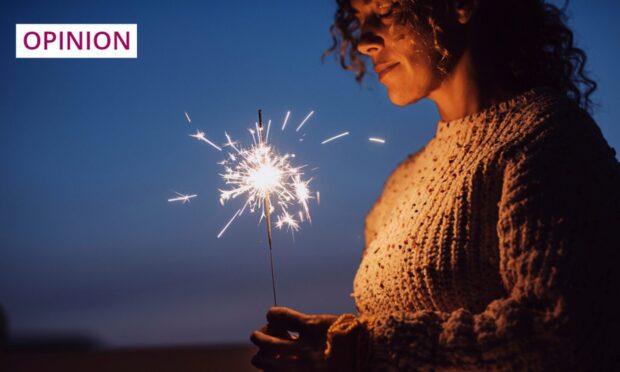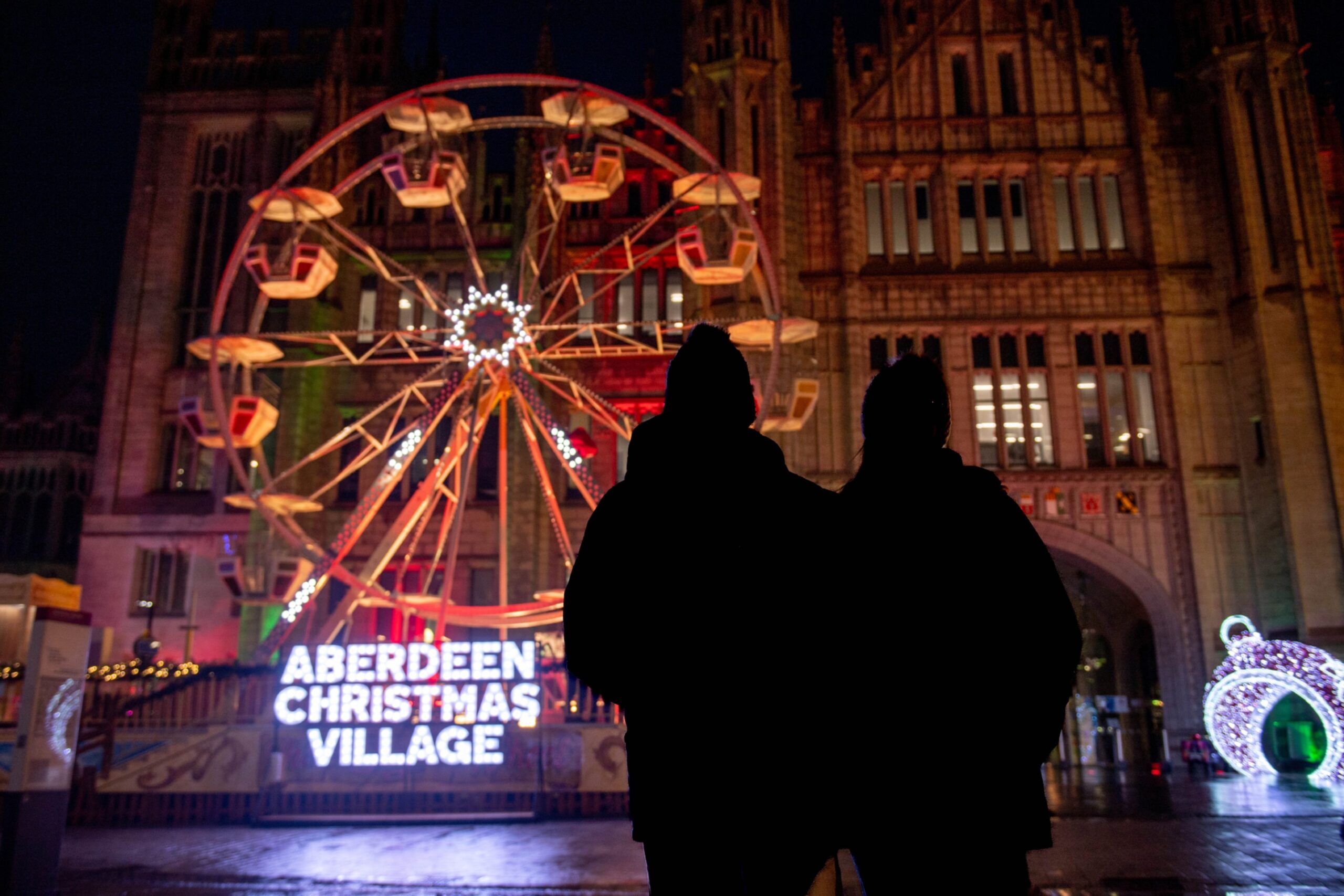This was my first Christmas without my children.
I was the one to suggest that they spend it with their paternal family, not because I didn’t want to spend Christmas with them as usual, but because I wanted to take the dilemma out of their hands
They have a small nephew, a toddler, who is just at that joyful age where the world is a giant, glittery snow globe and Santa is more than real. I didn’t want the kids to feel guilty about having to choose, but my next my decision was entirely selfish – not to stay at home alone. I’d join my sister and my mum as usual, we’d just be minus the stockings for the kids.
To be absolutely clear, this is not a pity column. I don’t want anyone feeling sorry for me, and I’m too long in the tooth to be striving for any kind of conventional Christmas.
While being away from my teenagers at Christmas feels wrong, it is a damn sight better than spending the holidays in a fraught, unhappy family, walking on eggshells and desperately trying to pretend it’s all OK.
Nothing is lonelier or more painful than trying to live in a fractured relationship. And it is not good for the kids, no matter how many people stay together for their sake. My parents didn’t separate until I was in my teens, and I sure as hell wished it had been sooner. Family doesn’t always equal unconditional love and happiness.
Until I had children, I preferred to work over the December holidays. Let Christmas be a family occasion for those who want it; let them have the simmering tensions and resentments and mental calculations of who pulled their weight more this year.
In all honesty, the isolation of that lockdown Christmas over Zoom in 2020 didn’t bother me in the slightest.
But I’m not a complete Grinch. I am genuinely grateful that my children have had two Christmases – an early one in Scotland, with me and their gran and auntie, embracing no festive rules and a mountain of laughter, sharing the surreal beauty of the Edinburgh skyline. Maybe this will create a new ritual for us, as the kids move toward adulthood and independence. Embracing change is way better than gloomy acceptance.
There’s no such thing as a roadmap to happiness
Anyway, the notion of enforced festivity leaves even more of a bad taste this year, as I follow the events in Gaza in a state of suspended horror. There is no sense of a global fresh start as the year ends; no assurance that we’re not facing even more sinister developments from the further erosion of our fragile democracy, the resurgence of the far right, governmental denial of climate change.
My personal sense of foreboding isn’t particularly motivational when it comes to setting goals for next year, nor planning for self-improvement. I normally set some intentions at the end of December, but the sneaking fear that I might be living through the end days is an insecure base for building a new life.
This promise of massive reinvention, near-effortless acceptance, creating a whole new life, just doesn’t appeal
My most stable psychological trait appears to be my ability to remain flexible in the face of circumstances beyond my control. For this, I’m incredibly grateful.
While I would love more willpower, a slimmer waist, renewed energy, and three consecutive nights without nightmares – thanks, sleep disorder – I’m getting tired of feeling I must reinvent myself again and again. I have no idea who reads all those self-help books that are published, but it’s clearly not a dying genre.
This promise of massive reinvention, near-effortless acceptance, creating a whole new life, just doesn’t appeal. Maybe it’s psychologically freeing to admit that there’s no such thing as a roadmap to happiness. Maybe acknowledging that my own personal circumstances and preferences don’t conform to that narrative is the way forward. Maybe accepting that life is tough is the way to fulfilment.
Enjoy every (festive) sandwich
Really, what I need is the continued ability to accept my faults and endure life’s blows; perhaps feel a bit less distress at what my life is lacking. At the end of the day, all I really want is a reasonable standard of living, decent healthcare, a job that I enjoy, and meaningful social connections. Is that too much to ask?
Of course, it is. Everything in life is impermanent; ageing, sickness and death are inescapable. We are born, we live, we die. That’s our fate.
Any notion of happiness must recognise these realities, otherwise the only possible result is more suffering. (You can try to choose the mindfulness without the suffering but, trust me – it won’t work.)
So, for now, I’m going to enjoy every (festive) sandwich. When it comes to the meaning of happiness, I’m mostly in the dark. But there’s always the joy of shaking up that giant snow globe and watching the glitter fall.
Donna McLean is originally from Ayrshire and is a mum of twins, writer and activist


Conversation